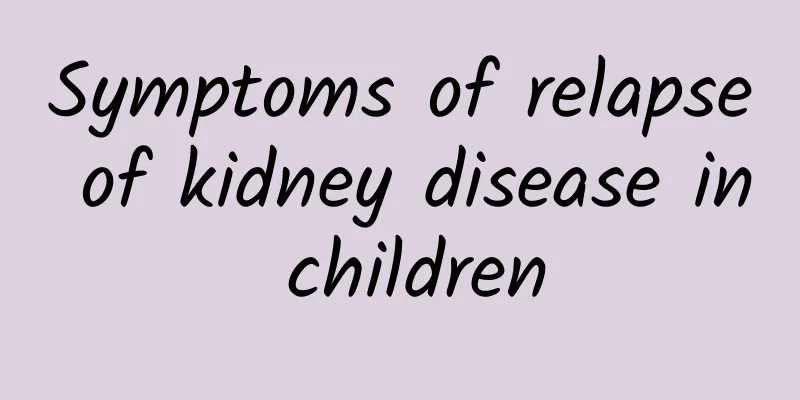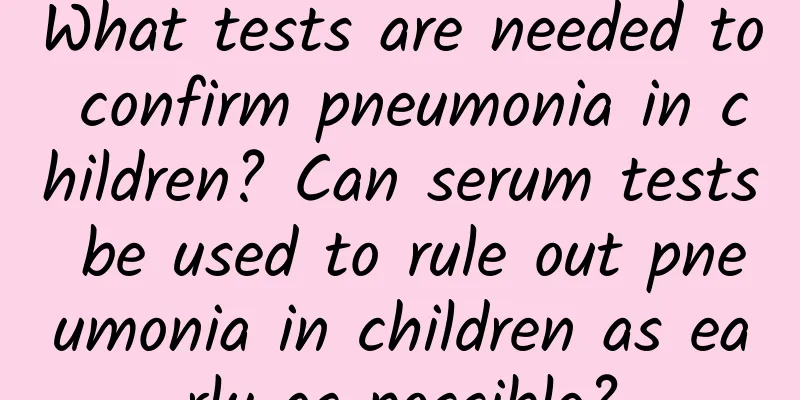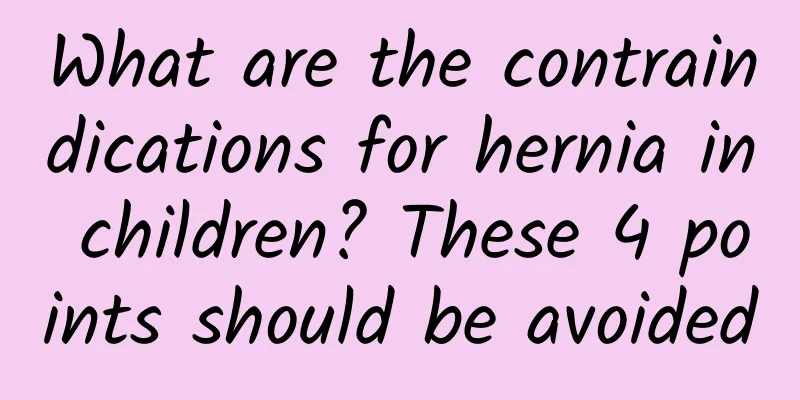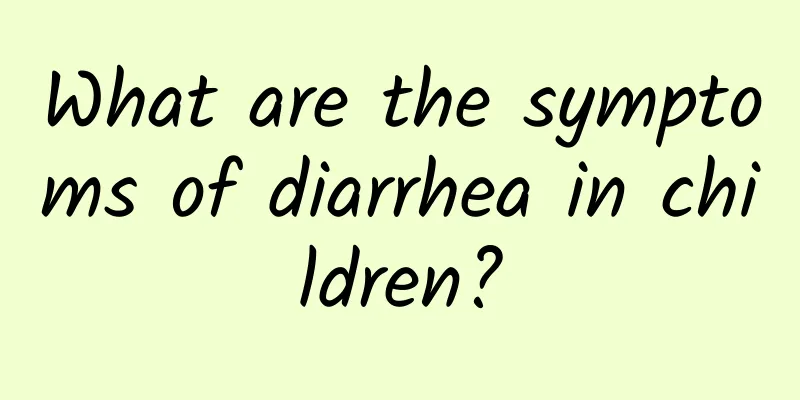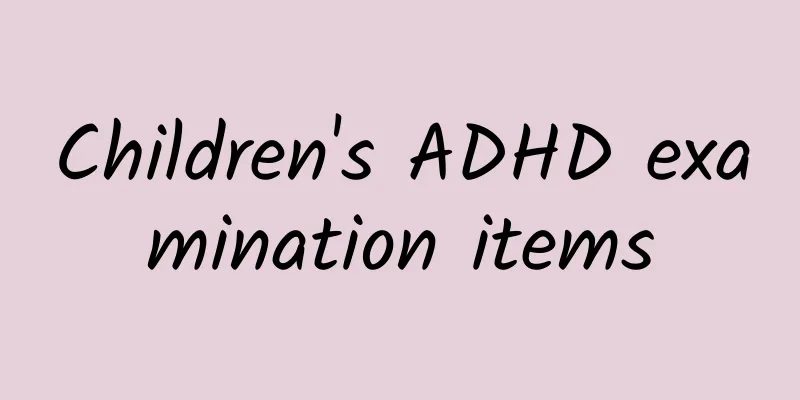What are the treatment principles for acute laryngitis in children?
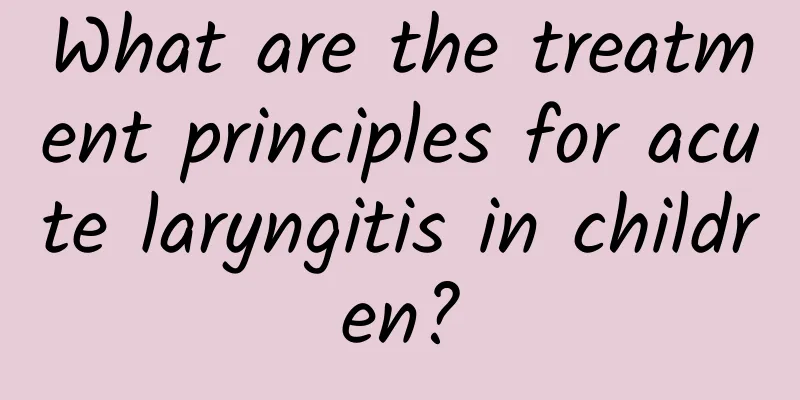
|
The treatment principles for acute laryngitis in children include relieving laryngeal edema, improving respiratory function, and solving infection problems. In severe cases, the child needs to be sent to a doctor for treatment in a timely manner. Treatment methods usually include drug therapy, oxygen inhalation, and home care. 1. Medication Drug treatment is an important step in treating acute laryngitis in children, with the goal of reducing laryngeal inflammation and edema. -Glucocorticoids (e.g., dexamethasone): They rapidly relieve laryngeal edema and improve respiratory status through their anti-inflammatory effects and are often used as the first choice for acute laryngitis. - Epinephrine nebulization inhalation: Suitable for children with more serious conditions. It can quickly constrict the laryngeal capillaries and relieve the acute symptoms caused by laryngeal stenosis. - Antibiotics: If the cause is a bacterial infection (such as streptococcal infection), antibiotics suitable for children should be selected according to the doctor's advice. It should be noted that blind use of antibiotics is not recommended to avoid drug resistance. 2. Oxygen inhalation and respiratory management Children with severe conditions may have difficulty breathing and need oxygen supplementation. - Oxygen mask-assisted breathing: Suitable for patients with more severe symptoms, such as obvious cyanosis or abnormal breathing sounds (such as obvious wheezing). -Intubation if necessary: If medication and oxygen therapy are ineffective and laryngeal obstruction is life-threatening, endotracheal intubation or laryngoscopy is required to restore a normal breathing passage. 3. Home care and supportive therapy Patients with mild symptoms can be cared for at home under the guidance of a professional doctor, but changes in their condition must be closely monitored. -Keep the air moist: Use a humidifier to maintain air humidity, reduce dryness and irritation in the throat, and prevent children from being exposed to cold, polluted air and other triggers. -Dietary adjustment: Give your child mild, liquid food and avoid spicy or overheated food that may irritate the throat. -Rehydrate: Drinking plenty of warm water can help reduce the dryness of the throat mucosa and help relieve inflammation. Acute laryngitis in children can be life-threatening if not properly treated. Parents need to pay close attention to their children's symptoms, especially when they have persistent high fever and obviously abnormal breathing sounds. They should go to the hospital for emergency treatment immediately. In daily life, they should also pay attention to preventing viral infections, improving immunity, and avoiding environments and climate changes that are prone to laryngitis. During the recovery period, they should also pay attention to nutritional supply, so that children can gradually recover and reduce the risk of recurrence. |
<<: What causes sudden severe hair loss?
>>: What is the syrup used in western medicine to treat children's colds?
Recommend
What are the symptoms of neonatal jaundice?
Symptoms of neonatal jaundice include yellowing o...
What to do if you feel flustered, short of breath, and weak
Palpitations, shortness of breath, and fatigue ma...
What to do if your baby cries and won't sleep? 6 ways to deal with your baby's crying
If the baby cries and refuses to sleep, parents s...
What to do if your child has phlegm in his throat
When a child has phlegm in his throat, he can be ...
What are the symptoms of ADHD in babies
Symptoms of ADHD in infants mainly include increa...
What are the common examination methods for suspected Kawasaki disease?
What are the common examination methods for suspe...
What are the nebulized drugs for pneumonia in children?
Commonly used nebulized drugs for pediatric pneum...
Necessary tests for pneumonia in children
I believe that every mother of a newborn is parti...
What are the methods of polio rehabilitation training?
Polio patients cannot do without polio exercise. ...
Which cough suppressant for children is the most effective? Is cough suppressant for children really effective?
We should pay attention to the following methods ...
What are the clinical manifestations of influenza? What should we do if we have influenza?
1. Typical Flu Symptoms of systemic poisoning suc...
What are the examination items for acute laryngitis in children?
Children are most vulnerable to diseases due to t...
What should I do if my child coughs badly in the middle of the night?
When a child coughs badly in the middle of the ni...
Why do I feel so absent-minded all the time?
Being absent-minded may be the result of multiple...
How can parents quickly identify pneumonia in children? Beware of misunderstandings in the care of children with pneumonia
Pneumonia is a common disease in children. A good...
